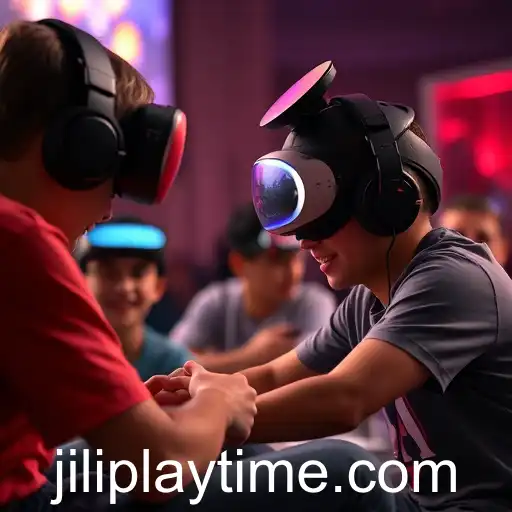
In 2025, playtime has transformed significantly from its traditional roots, driven by technological advances and societal shifts. As gaming becomes increasingly ingrained in popular culture, it's essential to explore how playtime adapts to these changes, particularly on platforms designed for English-speaking audiences. The gaming industry has evolved drastically, with new trends emerging and reshaping the concept of playtime.
One of the most significant trends is the rise of cloud gaming, which has made high-quality games more accessible to a broader audience. This innovation has reduced the dependency on powerful hardware, allowing more players to engage in rich virtual worlds using just their devices and an adequate internet connection. Consequently, playtime has become more inclusive than ever, accommodating diverse demographics and expanding the global gaming community.
Furthermore, virtual reality (VR) and augmented reality (AR) have redefined immersive gaming experiences. As these technologies become more sophisticated and affordable in 2025, they offer gamers a new dimension of playtime, merging the physical and digital realms. VR and AR experiences are not just games; they are comprehensive social platforms where users can interact, create, and explore with friends and other users worldwide.
The impact of artificial intelligence (AI) on gaming can also not be understated. AI-driven non-player characters (NPCs) provide more dynamic and unpredictable interactions, enhancing the depth and realism of games. This advancement brings a new level of engagement, encouraging players to spend more time interacting with increasingly lifelike game environments.
However, the changing dynamics of playtime also bring challenges. Issues such as online toxicity and gaming addiction have become more pronounced as more users immerse themselves in continuous gameplay. Gaming companies and communities are actively working on solutions, implementing measures for better moderation and promoting healthy gaming habits.
As gaming continues to grow, it is evident that playtime is not just a leisure activity but a vital part of cultural expression in 2025. The integration of new technologies and the expansion of online communities signify the ever-evolving nature of play, influencing both individual identities and collective social structures. This transformation promises an exciting future for playtime, filled with possibilities that reflect the ongoing interplay between innovation and human creativity.


